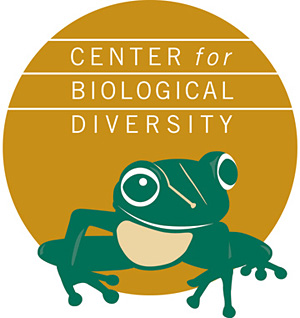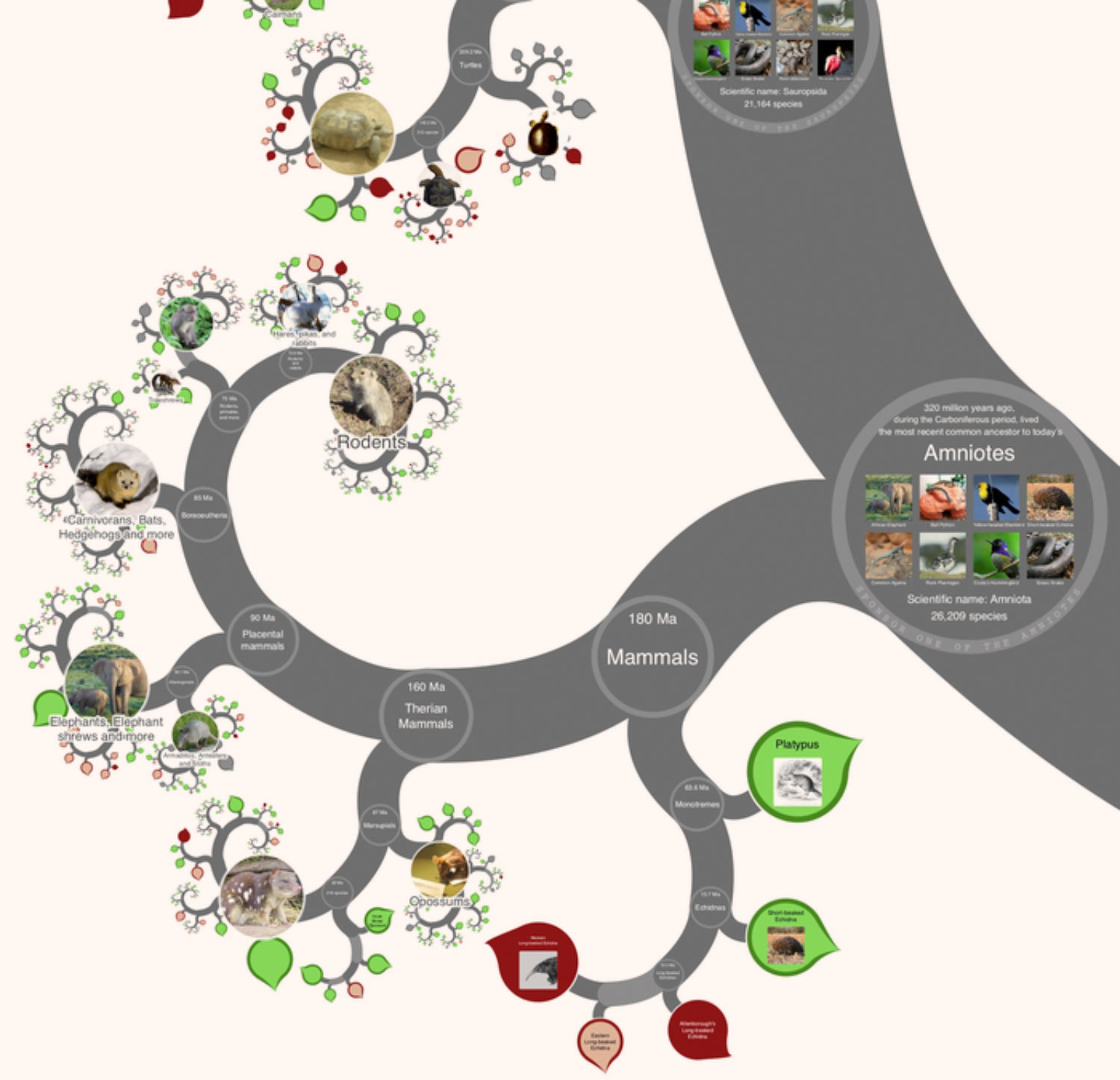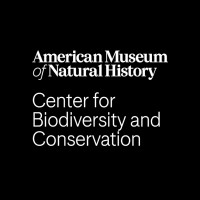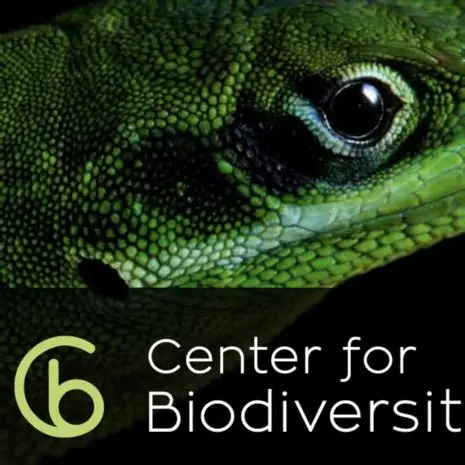Intelligences of Nature: General Engaged Projects
Further resources, if available, can be found in our full bibliography.

Center for Biological Diversity
At the Center for Biological Diversity, they believe that the welfare of human beings is deeply linked to nature—to the existence in our world of a vast diversity of wild animals and plants. Because diversity has intrinsic value, and because its loss impoverishes society, they work to secure a future for all species, great and small, hovering on the brink of extinction through science, law and creative media, with a focus on protecting the lands, waters and climate that species need to survive. They want those who come after us to inherit a world where the wild is still alive.

Tree of Life Explorer
OneZoom
The Tree of Life shows how all life on Earth is related. In this interactive tree of life you can explore the relationships between 2,228,001 species and wonder at 105,498 images on a single zoomable page. Each leaf represents a different species, and the branches illustrate how these many species evolved from common ancestors over billions of years. Explore the relationships between species, learn about their common ancestors, or embark on a guided tour around the tree. Zoom around the tree to be amazed by the diversity of life on Earth.

Center for Biodiversity and Conservation
American Museum of Natural History

Sussex Centre for Consciousness Science
University of Sussex
The Sussex Centre for Consciousness Science is one of the University of Sussex’s 12 Centres of Excellence. Our aim is to advance the scientific and philosophical understanding of consciousness, and to use the insights from this research for the benefit of society, medicine and technology. The nature of consciousness has puzzled people for thousands of years, and it remains one of the most important unsolved mysteries in science and philosophy, with enormous potential for wider societal impact. The Sussex Centre for Consciousness provides a focus for developing the University’s world-leading reputation in this key area. Our research emphasizes interdisciplinary collaboration and training, stretching across the sciences and the humanities. We also prioritize realizing the impact of consciousness science, both through applied research and through innovative and far-reaching public engagement.

Center for Consciousness Studies
University of Arizona
The Center’s primary activity is the Science of Consciousness conferences, which have been held biannually since 1994. See their YouTube channel for content from past conferences.

The Association for the Scientific Study of Consciousness
The Association for the Scientific Study of Consciousness
The ASSC is an academic society that promotes rigorous research and coordinates annual conferences directed toward understanding the nature, function, and underlying mechanisms of consciousness. The ASSC includes members working in the fields of cognitive science, medicine, neuroscience, philosophy, and other relevant disciplines in the sciences and humanities.

Center for Consciousness Science
University of Michigan Medical School
The mission of the CCS is to advance multidisciplinary research, education, and clinical care as it relates to consciousness. This includes the initiation and support of collaborative scholarship across the medical school, outreach to relevant schools and centers at the University of Michigan and beyond, sponsorship of educational events as well as student involvement in the field, and application of novel techniques to clinical practice. CCS conducts studies across the translational spectrum, from computational brain models, to experiments in animals, to studies of healthy humans, to clinical trials in patients.

Center for Biodiversity
Temple University
The Center for Biodiversity at Temple University is involved in research, education, and conservation. Nearly two million species have been cataloged by scientists and many more remain to be discovered. At the same time, our species continues to impact the global environment, including the oceans, climate, and forests, and these changes are affecting biodiversity. Some countries are close to losing all forest habitats, and extinctions are occurring globally. Research in the Center for Biodiversity seeks to understand how species evolved (the tree of life), what currently exists (systematics and taxonomy), how species interact with each other and the environment (ecology), and how we can save species from extinction (conservation). The Center for Biodiversity also hosts workshops and meetings that facilitate biodiversity and conservation science.
Photo Credit: Taken in Nanga Pinoh, Kabupaten Melawi, Kalimantan Barat, Indonesia; Aldo Risky Pratama/Unsplash